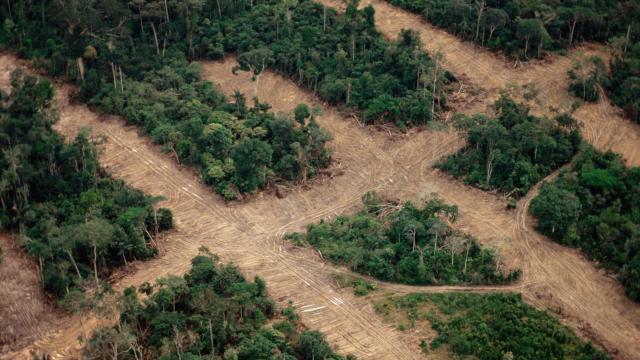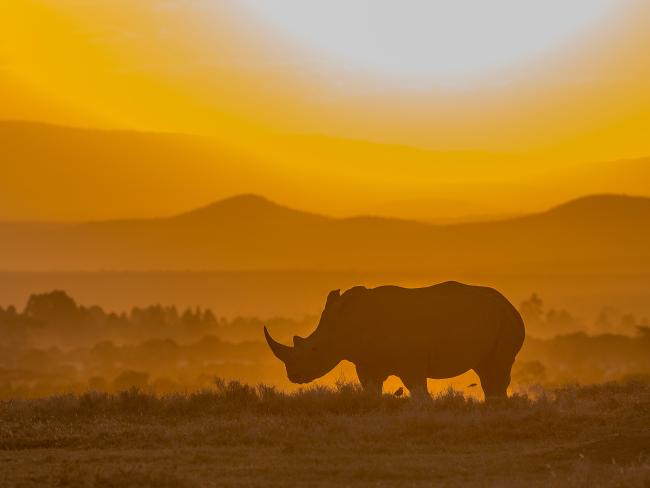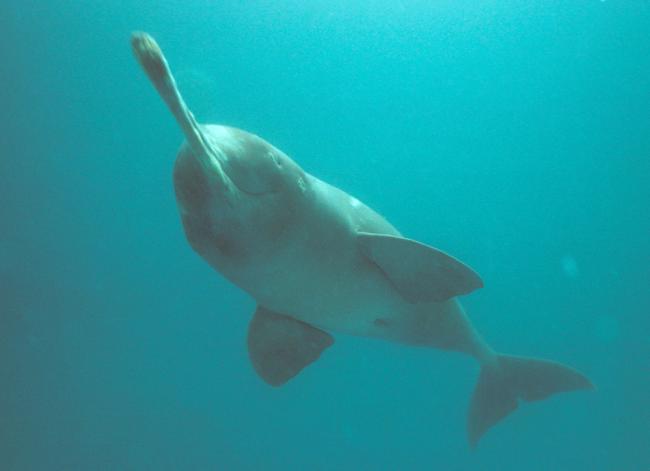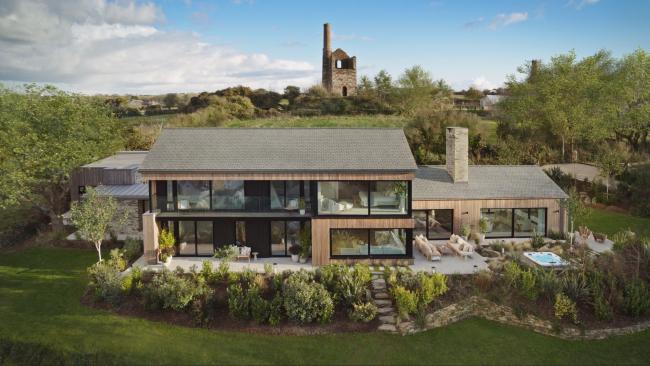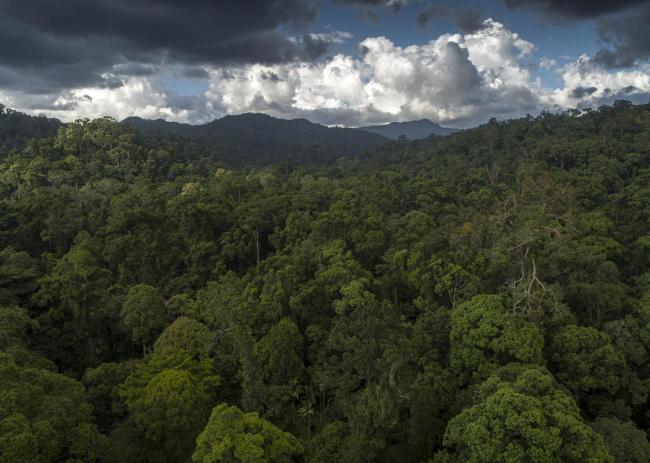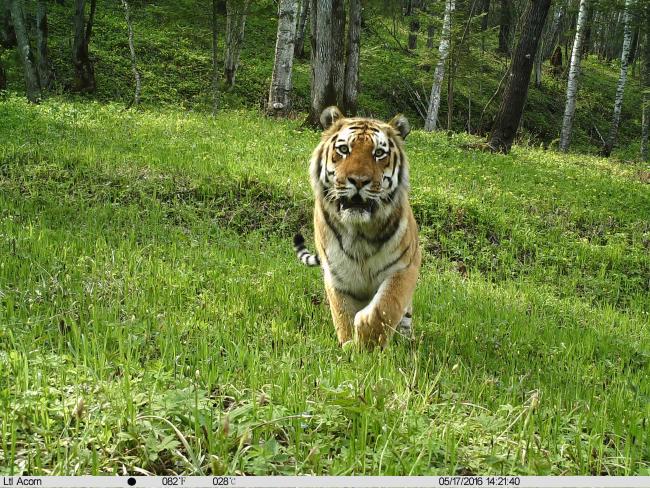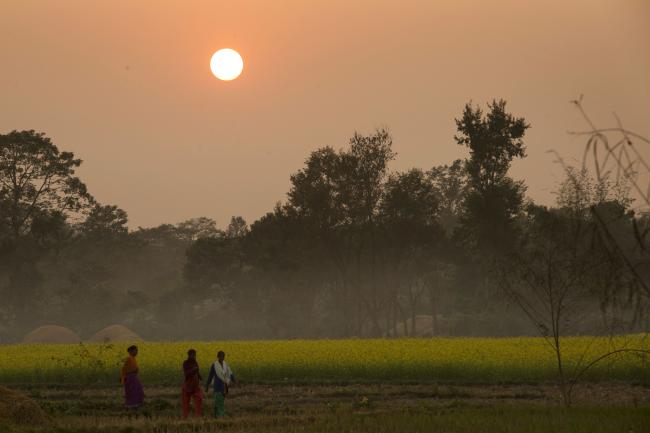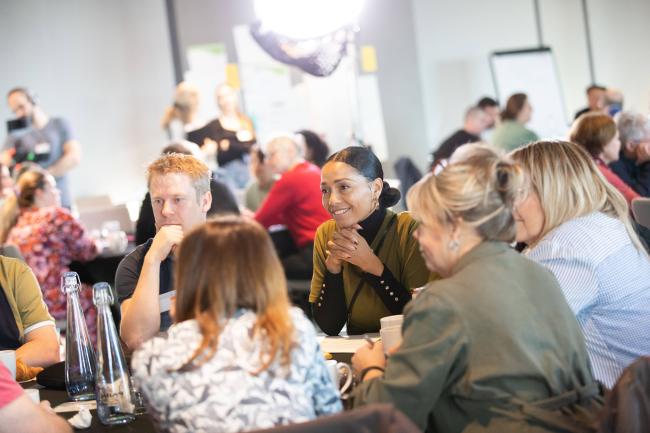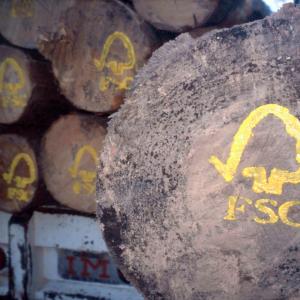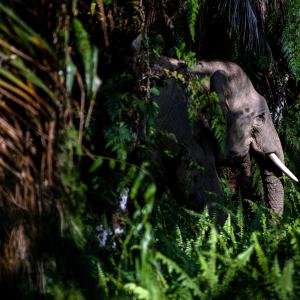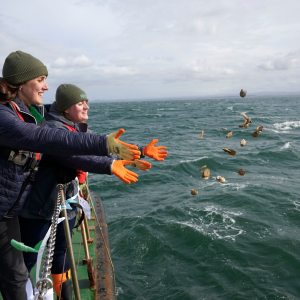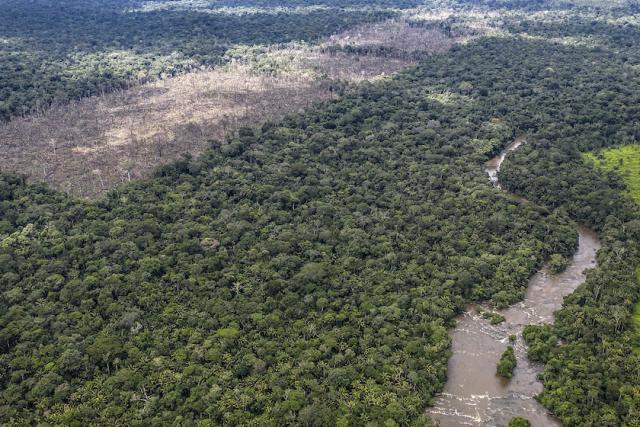
Why we're protecting natural environments
All kinds of wildlife will struggle to survive if their natural environment is damaged or destroyed.
The same can be said for some people. We all depend on natural resources to provide water, food, fuel and often incomes. But people in the poorest parts of the world are most closely reliant on their local natural environment.
As the number of people on the planet grows and communities expand, consumption increases and natural resources are used less sustainably, resulting in natural spaces becoming fractured or lost entirely. This drastically affects the structure and functioning of environments – impacting the people, animals and plants that live there.
We’re making sure businesses, politicians, and local communities recognise the value of keeping our natural environments intact.
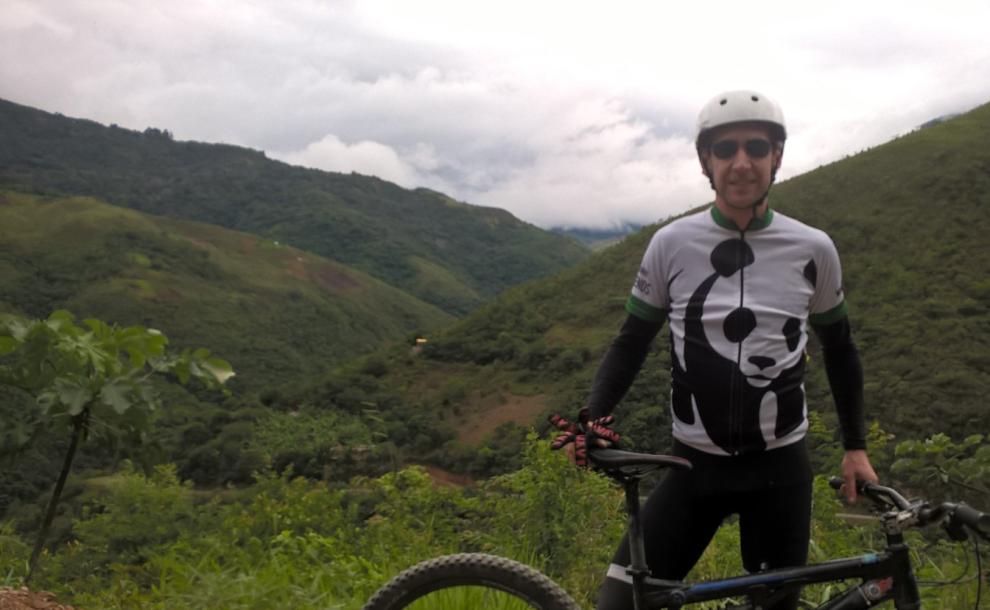
"Green Infrastructure projects normally make the best economic sense in addition to providing the greatest benefits for local communities and nature. And good science and best practice exists so it’s crazy that so many bad projects are still being developed with catastrophic consequences for the natural world."
Director of International Programmes Support
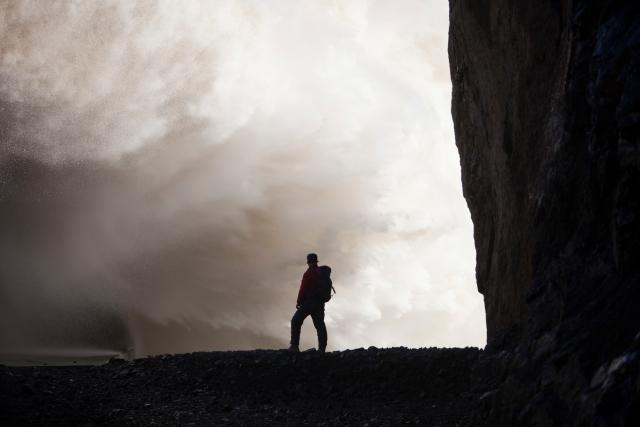
What’s happening to our natural places?
Loss or damage of natural environments can have a number of causes – but it usually comes down to people and the way they use and exploit their environment.
Road development, forest destruction, farming, urban sprawl, and the growth of hydropower dams, mines and oil wells all have impacts on our natural world.
These developments may be necessary for economic growth reasons, but if they’re poorly planned or managed they can cause serious environmental harm.
We work with governments, businesses and communities to help make sure that projects are better designed, built and operated in a more sustainable way - better balancing social, environmental and economic needs.
